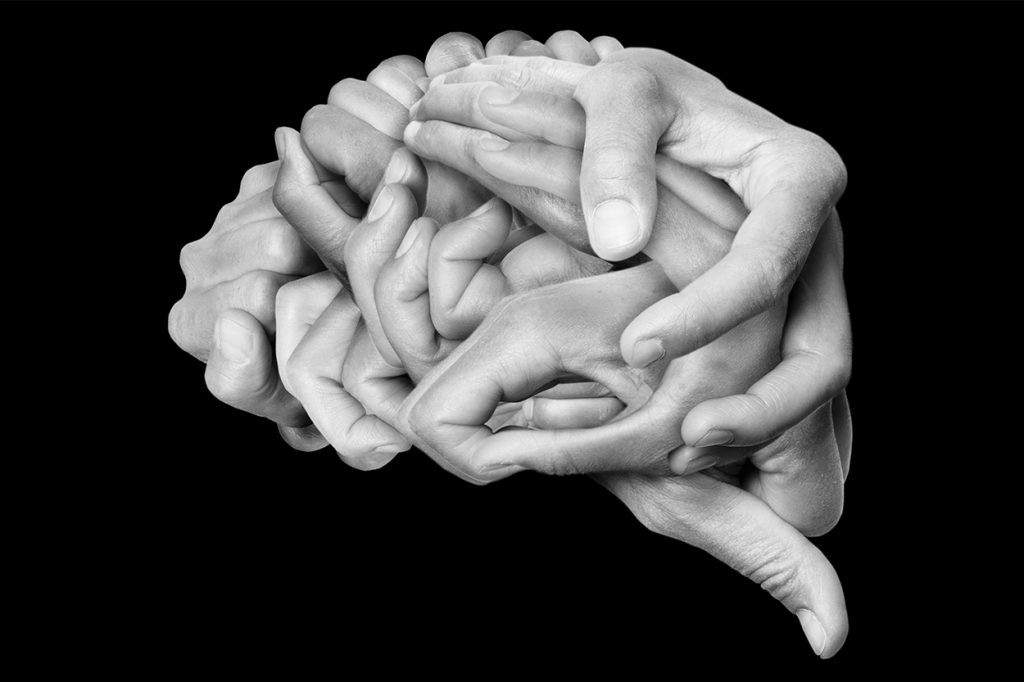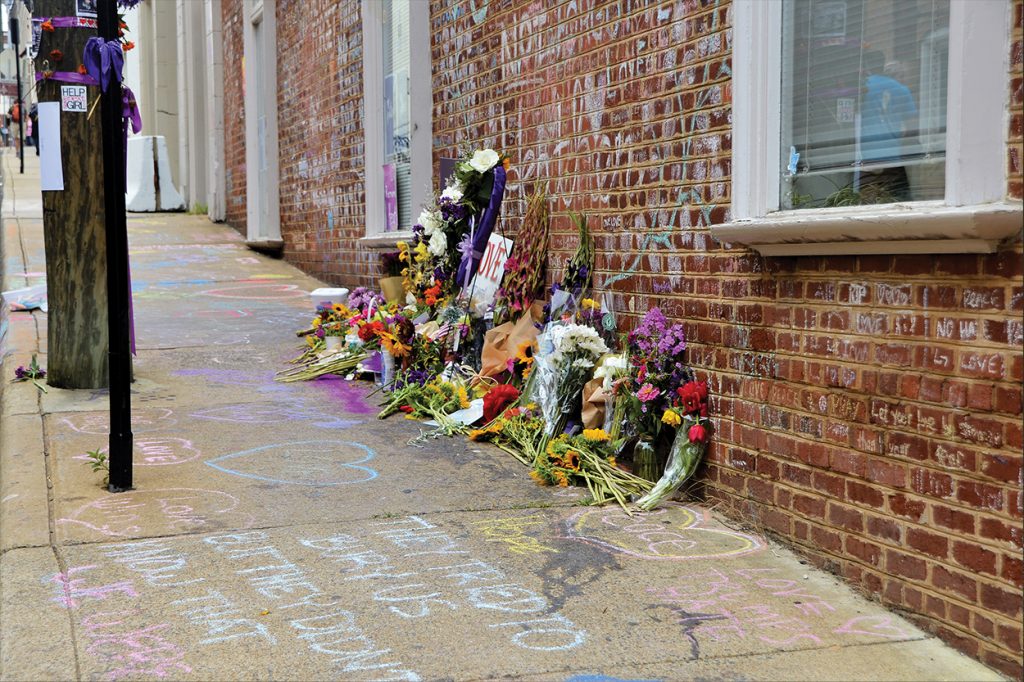Explore Counseling Today Articles
-
 Treatment strategies for race-based traumatic stressJuly 2023
Treatment strategies for race-based traumatic stressJuly 2023Treating stress that stems from racial discrimination and oppression can help address the mental health inequities Black clients face.
-
 Conceptualizing diagnosis through a social justice lensMay 2023 |By Christine Banks-VanAllen
Conceptualizing diagnosis through a social justice lensMay 2023 |By Christine Banks-VanAllenApproaching diagnosis through a lens that considers systemic, cultural and ecological factors leads to better treatment outcomes for clients.
-
 The impact of cultural resiliency on traumatic lossJanuary 2023 |By Jessica Meléndez Tyler and Nancy Thacker Darrow
The impact of cultural resiliency on traumatic lossJanuary 2023 |By Jessica Meléndez Tyler and Nancy Thacker DarrowTrauma and resiliency are not individualistic experiences, so approaching traumatic loss through a cultural resilience framework helps strengthen clients’ healing process and prevent severe mental health outcomes.
-
 A cognitive behavioral understanding of social anxiety disorderAugust 2022 |By Brad Imhoff
A cognitive behavioral understanding of social anxiety disorderAugust 2022 |By Brad ImhoffWhen anxiety leads the way and controls our behavior, it becomes problematic.
-
 Working with clients who are angry at GodMay 2021 |By LaVerne Hanes Collins
Working with clients who are angry at GodMay 2021 |By LaVerne Hanes CollinsCounselors can use a CBT approach to help clients of spiritual and religious faith when their expectations of God don’t match their experiences.
-
 The intersection of childhood trauma and addictionApril 2021 |By Shannon Karl
The intersection of childhood trauma and addictionApril 2021 |By Shannon KarlIn being aware of the vulnerability to addiction for those affected by adverse childhood experiences, professional counselors can play a pivotal role in prevention and early intervention.
-
 Case conceptualization: Key to highly effective counselingDecember 2020 |By Jon Sperry and Len Sperry
Case conceptualization: Key to highly effective counselingDecember 2020 |By Jon Sperry and Len SperryNovice and experienced counselors alike too often ignore this process for understanding and explaining a client’s presenting issues and guiding the counseling process.
-
 Lessons Learned From a Community CrisisOctober 2020 |By John Rogers & Cynthia Miller
Lessons Learned From a Community CrisisOctober 2020 |By John Rogers & Cynthia MillerCounselors in the quiet university town of Charlottesville, Virginia, noticed that some of their clients were anxious about their safety. In spring 2017, demonstrations & counter protests at local Civil War monuments had become heated and confrontational.
-
 Engaging avoidant teensMay 2020 |By David Flack
Engaging avoidant teensMay 2020 |By David FlackBy using practical, attachment-informed approaches, counselors can build effective therapeutic alliances with youth frequently dismissed as being ‘resistant.’
-
 Deconstructing anxietyJanuary 2020 |By Todd Pressman
Deconstructing anxietyJanuary 2020 |By Todd PressmanWhen we clearly identify and deconstruct the hidden forces that have been driving our lives, it transforms the way we think about and treat anxiety and opens a path to enduring fulfillment.
Search CT Articles
Filter CT Articles
Current Issue
Sign Up for Updates
Keep up to date on the latest in counseling practice. Sign up to receive email updates from Counseling Today.


